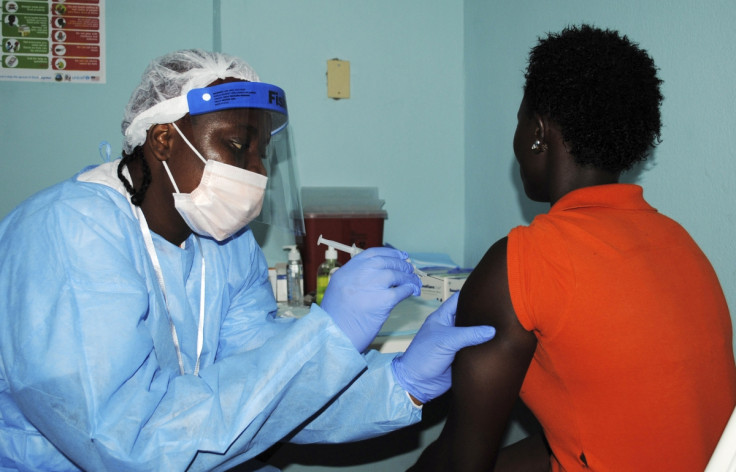Sierra Leone to be declared Ebola-free after 18-month crisis

Thousands of people have taken to the streets in Sierra Leone to celebrate as the country is set to be officially declared free from Ebola. The outbreak killed almost 4,000 people in Sierra Leone since it began in 18 months ago. The disease has also infected over 12,000 people, including Scottish nurse Pauline Cafferkey.
The World Health Organisation is expected to confirm on Saturday that 42 days have passed in the West Africa country without any new cases of the deadly disease. Residents of the capital, Freetown, took to streets at midnight on Friday in an emotional outpouring of joy at the expected announcement.
A large crowd gathered around a large tree in the city centre, where candles were lit in memory of the dead, which included 221 health workers. Eleven doctors died in the country, which had just 120 to help six million people.
Thousands gather under the Cotton Tree in central Freetown to mark the end of Ebola - 42 days with no new cases. pic.twitter.com/MtcPlCrCdK
— Stephen Douglas (@redpageletters) November 6, 2015
Sierra Leone being declared Ebola-free will provide a huge relief to the country, but there is a danger that the disease could return, according to Dr Tumba Junior, a doctor with the charity GOAL based at its treatment centre in Port Loko.
"Everyone is celebrating but we have to keep in mind that we must be careful," he said to the BBC. "We could still have positive cases after this period."
Although Sierra Leone will be declared Ebola-free on Saturday, a few cases are still being reported in neighbouring Guinea where just over 2,500 people have died. Sierra Leone has said it will tighten its security and health screening measures at the border with Guinea. Meanwhile, neighbouring Liberia was declared Ebola-free in September following 4,800 deaths there.
Sierra Leone reported its first cases of Ebola in May 2014, when a young pregnant woman and an older housewife were diagnosed as the country's first cases, according to Fox News Health. The two women had attended the funeral of a widely respected faith healer who had been caring for sick patients in a village a few miles away in Gueckedou, Guinea, which is where the outbreak began.
At the height of the outbreak, Sierra Leone was reporting hundreds of new cases a week, with curfews and bans on market trading and public gatherings such as football games and going to the cinema. Besides the human cost of the disease, Ebola has also destroyed the development gains in Sierra Leone, which was devastated by 11 years of civil war that ended in 2002.
The World Bank estimates that Sierra Leone will lose at least $1.4bn in forgone economic growth in 2015 as a result, leading to an "unprecedented" GDP contraction of more than 20%.
© Copyright IBTimes 2024. All rights reserved.






